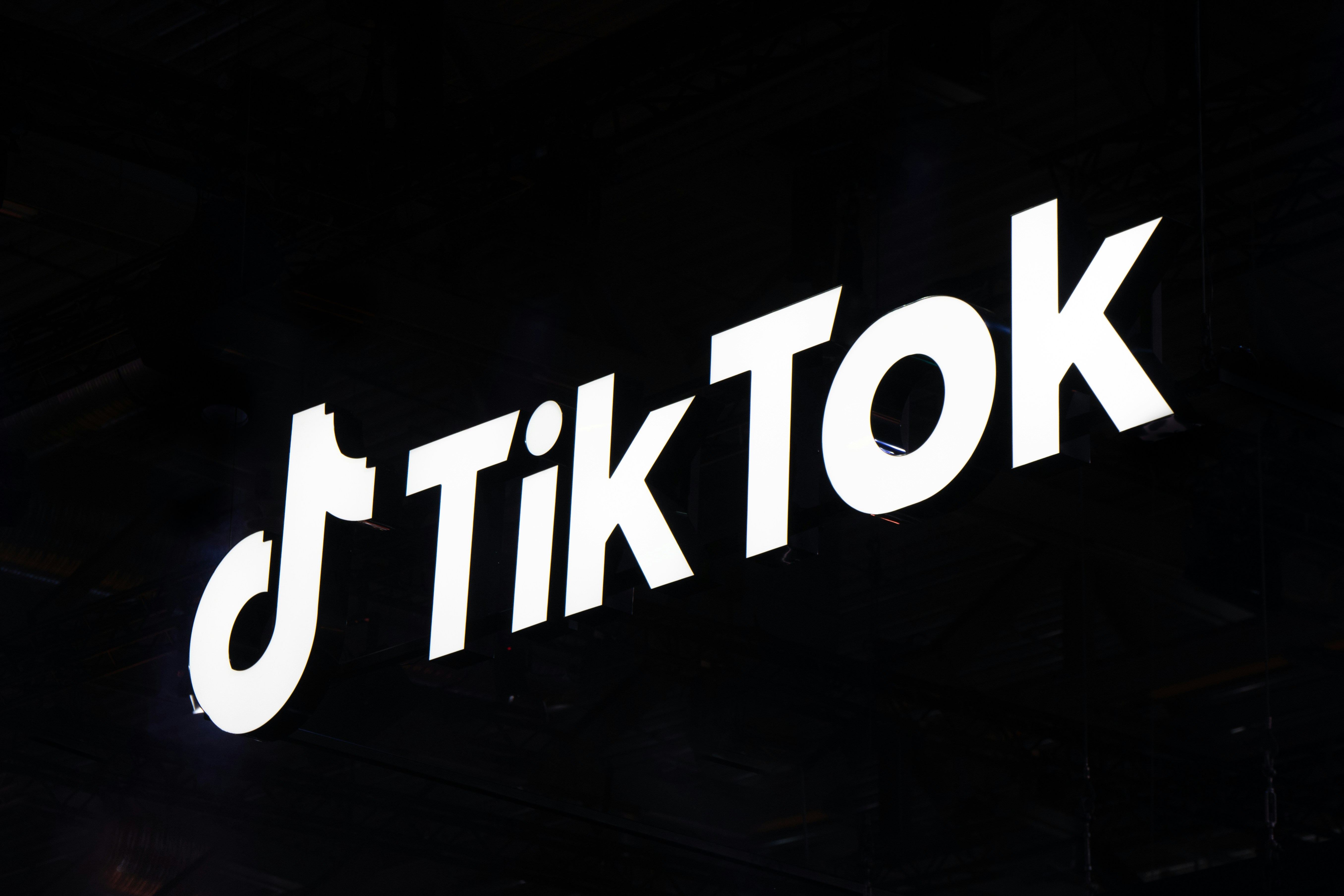Once upon a time, surveillance was something you resisted. Now it comes with a beat drop and auto-captions.
TikTok and CapCut, both born from ByteDance’s Beijing brain trust, have turned global data collection into the world’s most successful performance art. They’re not hiding in the shadows. They’re on your home screen, and they’re winning hearts, minds, and faceprints.
TikTok’s reach is obvious: a billion users, a cultural chokehold, and an algorithm that knows you better than your therapist, and certainly listens more. But its quieter sibling, CapCut, is where the real story hides. Marketed as a free editing app, CapCut has quietly become a gateway for ByteDance’s data ecosystem, ingesting metadata, location traces, and even biometric markers from millions of users creating “content” that may never see the light of day.
Recent lawsuits in the United States allege that CapCut illegally collected biometric data, facial scans and voiceprints, without proper consent. The company’s own terms now grant it a “perpetual, worldwide, royalty-free, irrevocable licence” over anything you create or even store. You don’t have to post it; you just have to make it.
For comparison, YouTube, Instagram, and even Snapchat confine usage rights to published content. ByteDance’s model extends further, a pre-emptive claim over creative output, justified as “optimising user experience.” Translation: your imagination is part of the dataset.
The unease around ByteDance isn’t paranoia; it’s geography. Under China’s National Intelligence Law, Chinese companies can be compelled to hand over data to the state. ByteDance insists it doesn’t do this. Western governments aren’t convinced. TikTok has faced bans across multiple public sectors and a €345 million EU fine for privacy breaches involving minors and improper data transfers.
The problem isn’t that ByteDance is uniquely evil. It’s that it’s efficient. Western tech firms spent years coaxing us into giving away our behavioural data; ByteDance simply took the next logical step, fusing entertainment, AI modelling, and biometric profiling into a single feedback loop. They built the perfect Trojan Horse and made it dance.
Every transition, sticker, and face-tracking effect you apply is a form of training data. When you edit your face to be smoother, the system learns the human preference for that correction. When you lip-sync to trending audio, it learns the emotional cadence of performance. The entire creative process becomes a loop of human-machine co-conditioning. In the early 2000s, people uploaded themselves to be seen. Now they upload themselves to exist within the algorithm. It’s a subtle shift, from broadcasting to feeding.
And the kicker? We call it expression.
The irony is that ByteDance’s approach is setting a new benchmark. Meta and Google, once the overlords of behavioural data, now look almost quaint by comparison. If ByteDance can collect everything, biometrics, geolocation, user intent, and still convince users they’re getting a good deal, Silicon Valley won’t be far behind. Privacy standards don’t fall by decree. They erode by envy.
Here’s the part Reddit won’t like. Many of the same people who proudly use Brave Browser and pay for VPNs to avoid surveillance are also happily feeding the ByteDance hive with selfies, edits, and lipsyncs. They’ve locked the front door but left every window wide open. Privacy isn’t a toggle; it’s an ecosystem. You can’t encrypt your way out of cognitive conditioning. You can’t “opt-out” of data profiling while handing over your biometric template in 4K. It’s not hypocrisy, it’s convenience. And convenience always wins.
We tend to imagine surveillance as something external, governments, corporations, adversaries. But ByteDance’s genius lies in turning surveillance inward. It’s participatory. It’s fun. It’s a form of self-affirmation. You hand over your behavioural blueprint and get a dopamine drip in return. Everyone wins, except the idea of privacy itself.
By the time regulators finish drafting another sternly worded PDF, the Trojan Horse will have bred a million offspring: apps, filters, “AI creative assistants,” each promising empowerment while quietly refining your digital twin. The next frontier of control won’t be built on coercion. It’ll be built on creativity.å

